11 April - National Safe Motherhood Day 2021
National Safe Motherhood Day 2021 is on 11 April, read the related importance, history, theme, and other related important information.

Every year National Safe Motherhood Day is observed on April 11. National Safe Motherhood Day is an initiative of the White Ribbon Alliance India (WRAI), to enforce that women must have availability and adequate access to care during pregnancy childbirth, and postnatal services.
History of National Safe Motherhood Day:
At the request of WRAI, an alliance of 1800 organizations, in 2003, the Government of India declared April 11th, the anniversary of Kasturba Gandhi’s birth, as National Safe Motherhood Day. India is the 1st country in the world to have socially declared a National Safe Motherhood Day.
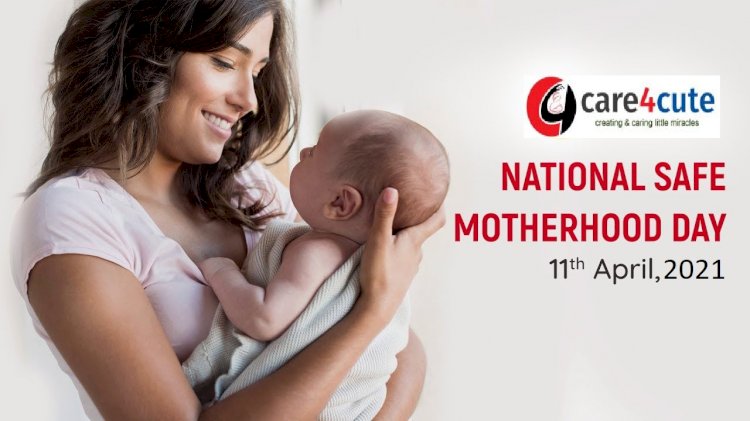
Every year WRAI members select a nationwide advocacy theme for Safe Motherhood Day, and WRAI members carry out activities and full-scale campaigns throughout the country. The goal of these annual campaigns, launched on National Safe Motherhood Day, is to increase awareness that every woman has a right to live and survive pregnancy and childbirth.
When did India start observing National Safe Motherhood Day?
On the birth anniversary of Kasturba Gandhi, the national motherhood day is observed every year. Kasturba Gandhi is the wife of the father of Nation Mohan Das Karam Chand Gandhi.
Focus Points of National Safe Motherhood Day
- Family Planning
- Prenatal Care
- Postnatal Care
- Obstetric Care - hygienic and safe delivery
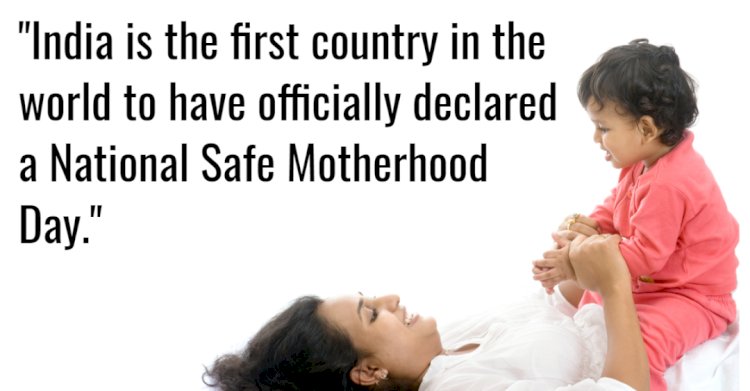
What are the causes of deaths in India?
- Poverty
- Distance to health facilities
- Lack of adequate information
- Inadequate and poor quality services
- Cultural beliefs and practices
How can these deaths be prevented?
- Severe bleeding: It is one of the causes of deaths among women. It can be prevented by injecting oxytocin immediately after childbirth which effectively reduces the risk of bleeding.
- Infection: It can be prevented by practicing good hygiene and timely care.
- Pre-eclampsia: It should be detected and appropriately managed before the onset of convulsions and other life-threatening complications. Administering drugs such as magnesium sulfate can lower the risk.
Despite over 80% of women are delivering in health facilities, still, the death rate is high. As these require attention not only post and during the delivery, but from the time a woman gets pregnant. Unawareness is leading to a much higher percentage.
An initiative by the government of India
There have been many initiatives by the government at the national level for the care of pregnant women. The government of India has launched Janani Shishu Suraksha Karyakaram to motivate those who still choose to deliver at their homes to opt for institutional deliveries.
It is an initiative to ensure that benefits under JSSK would reach every needy pregnant woman coming to a government institutional facility.
- Janani Shishu Suraksha Karyakaram (JSSK) launched on June 1, 2011, makes eligible all pregnant women who are delivering in public health institutions for absolutely free and no expense delivery, including cesarean.
- The entitlements include free drugs and consumables, free diagnostics, free blood wherever required, and free diet for 3 days during normal delivery and 7 days for C-section. It also provides free transport from home to the institution.
- In 2014 these entitlements extended to pre and post-natal complications of pregnancy.
- Similar entitlements have been put in place for all sick newborns and infants accessing public health institutions for their treatment.

 Admin
Admin 







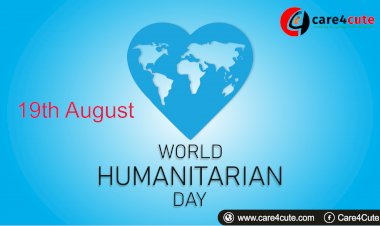
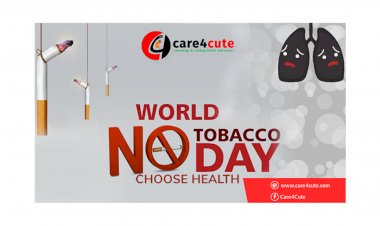



















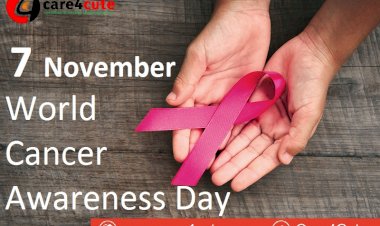


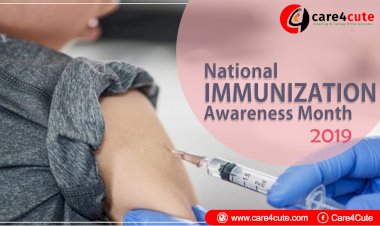

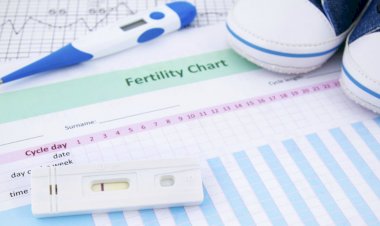

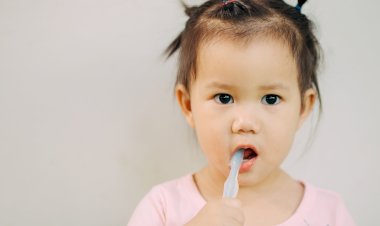
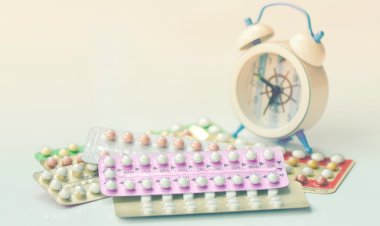

Comments (0)